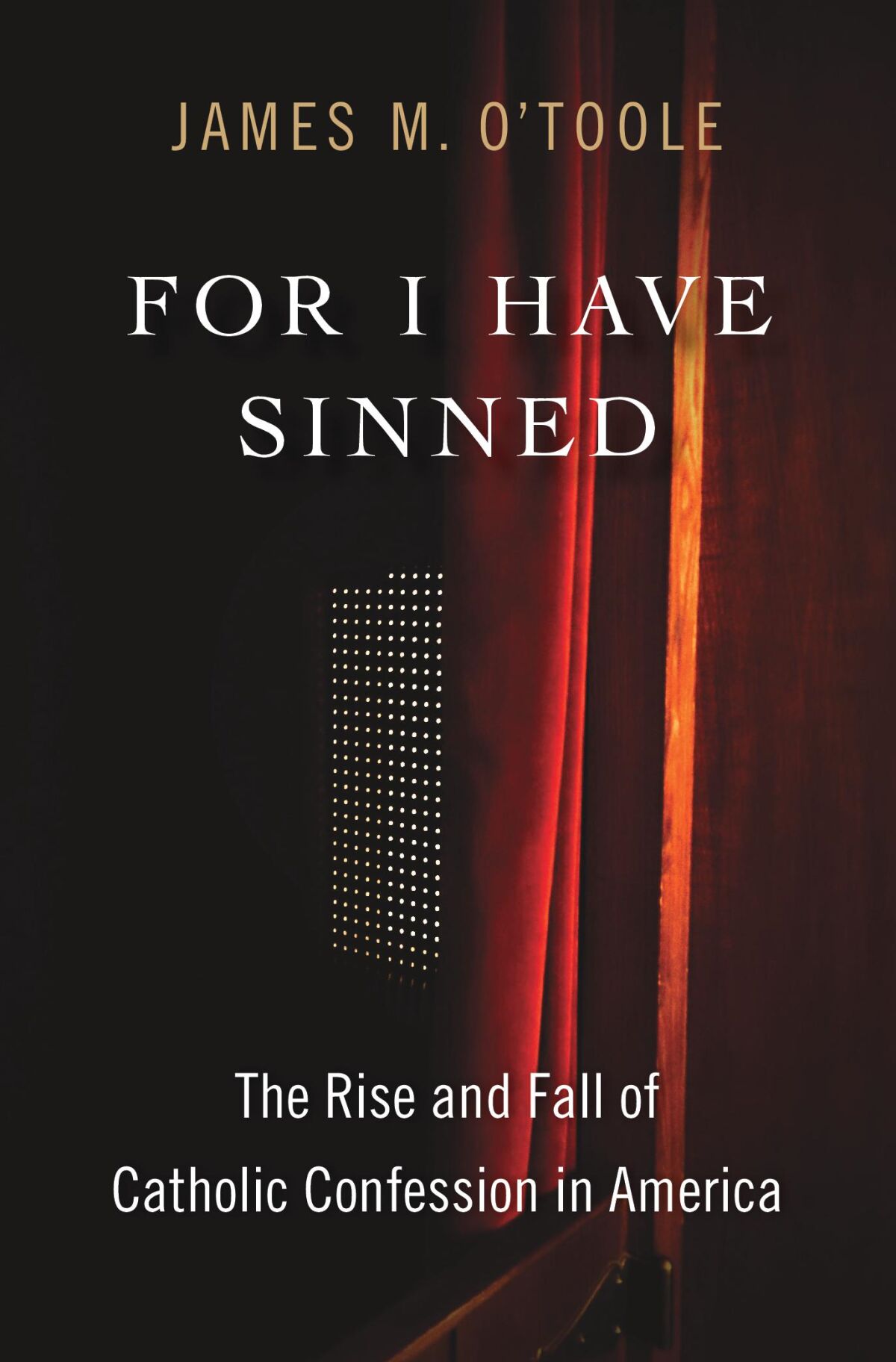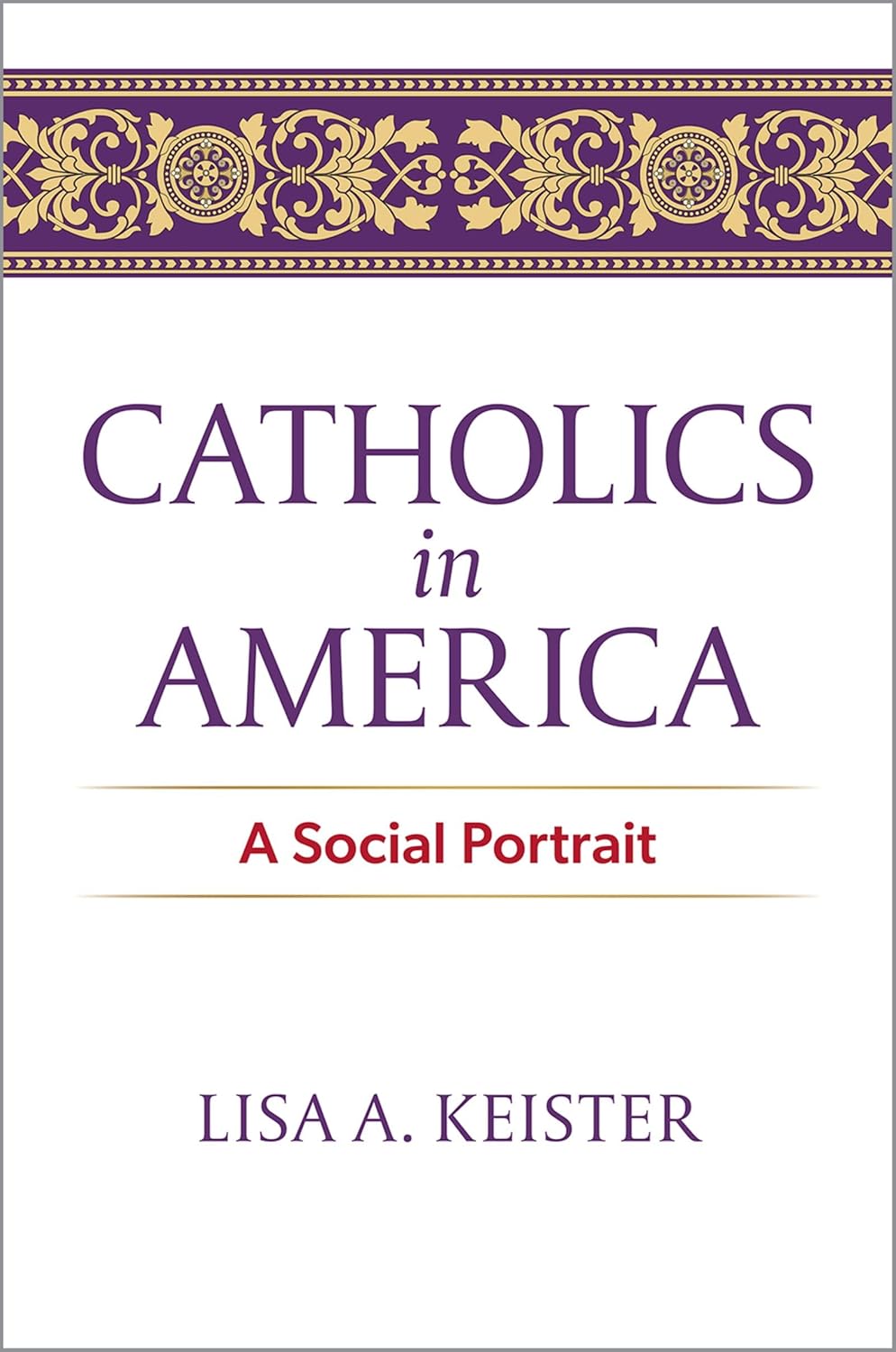O’Toole has a great deal to say regarding the heyday of the sacrament, a time when the majority of Catholics went to confession monthly, if not more often. He offers a number of causal factors for the increase. The most important was Pius X’s encouragement of the frequent reception of the Eucharist and the celebration of first communion at the age of seven. Though the pope did not mandate that these children first go to confession, that quickly became the practice. In addition, O’Toole cites the popularity of devotions such as “First Fridays,” dedicated to the Sacred Heart of Jesus, and “Forty Hour” devotions. In each case, parishioners were encouraged to take communion. As the frequency of the reception of the Eucharist increased, so did the frequency of confession. One consequence is that Catholics became proficient in the details of confessing their sins—in particular, the examination of conscience required for a good confession. O’Toole notes the various lists available to lay Catholics for discerning what constituted sinful behavior: the Ten Commandments, the Six Precepts of the Church, and the Seven Deadly Sins. There were also several distinctions to be made, the most crucial being whether a particular sin was venial or mortal. Though Catholics were encouraged to go to confession even for venial sins, they knew that a single unabsolved mortal sin separated them from God and the promise of heaven. The growth of the practice of confession from the 1920s to the 1960s was inseparable from the fear of hell for an unconfessed mortal sin at the time of death.
O’Toole is no romantic and has no yearning for a return to these days. However, he finds much to appreciate. In particular, he emphasizes that confession is a sacrament that requires the full and active participation of the baptized. Contrary to the common charge that the laity are rendered passive in Catholic rites, the sacrament of penance calls upon the penitent to develop a keen sense for how his actions and failures to act shape his relationship to God and to the Church.
The church had given Catholics the tools, the words, to judge the moral and ethical dimensions of their lives, to know right and wrong. When they did the right thing, they could be confident that they had done so. When they did the wrong thing, they could be equally confident in recognizing it as wrong, and they could take the necessary steps to regret, to repent, and to do better in the future.

